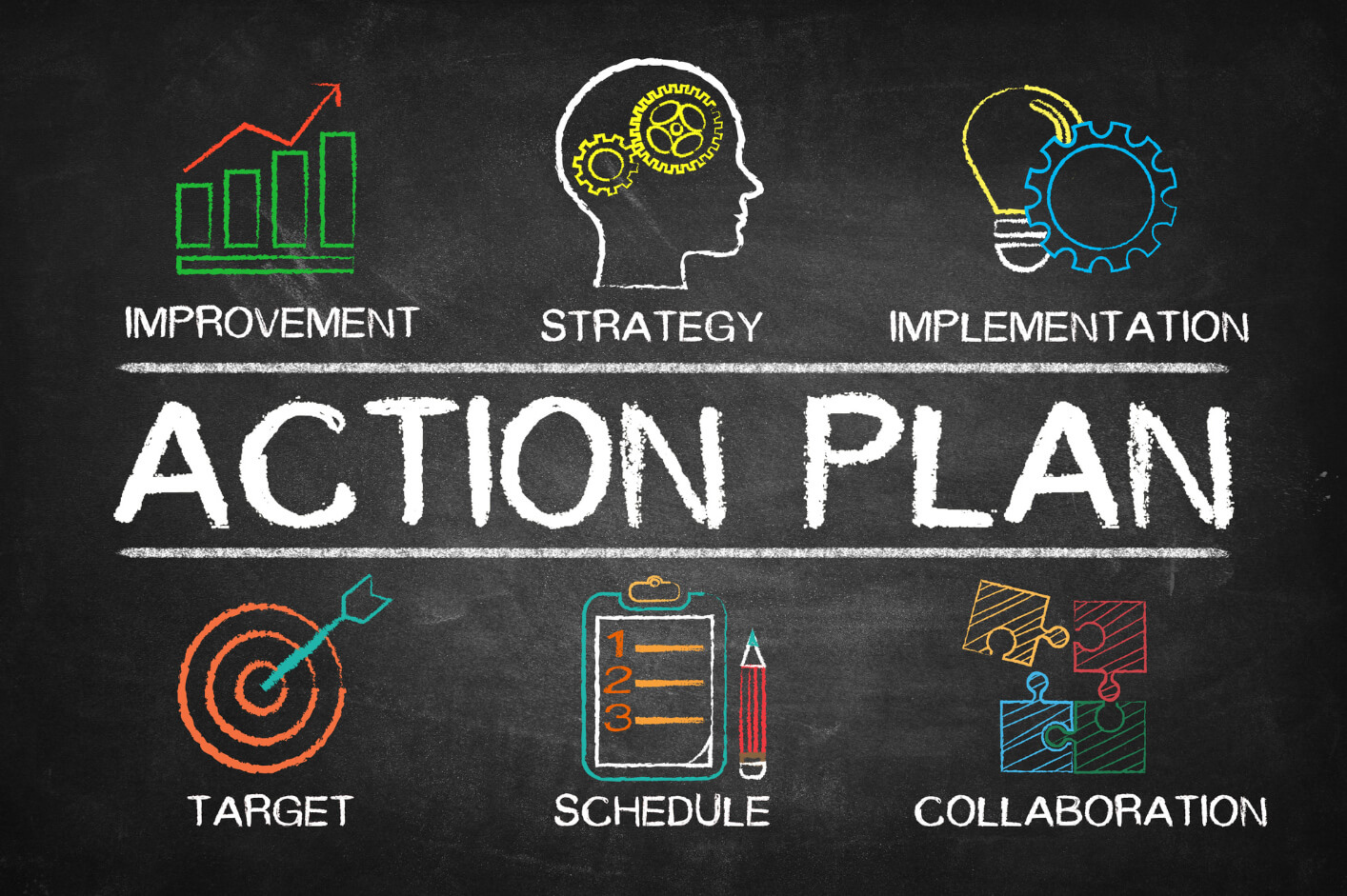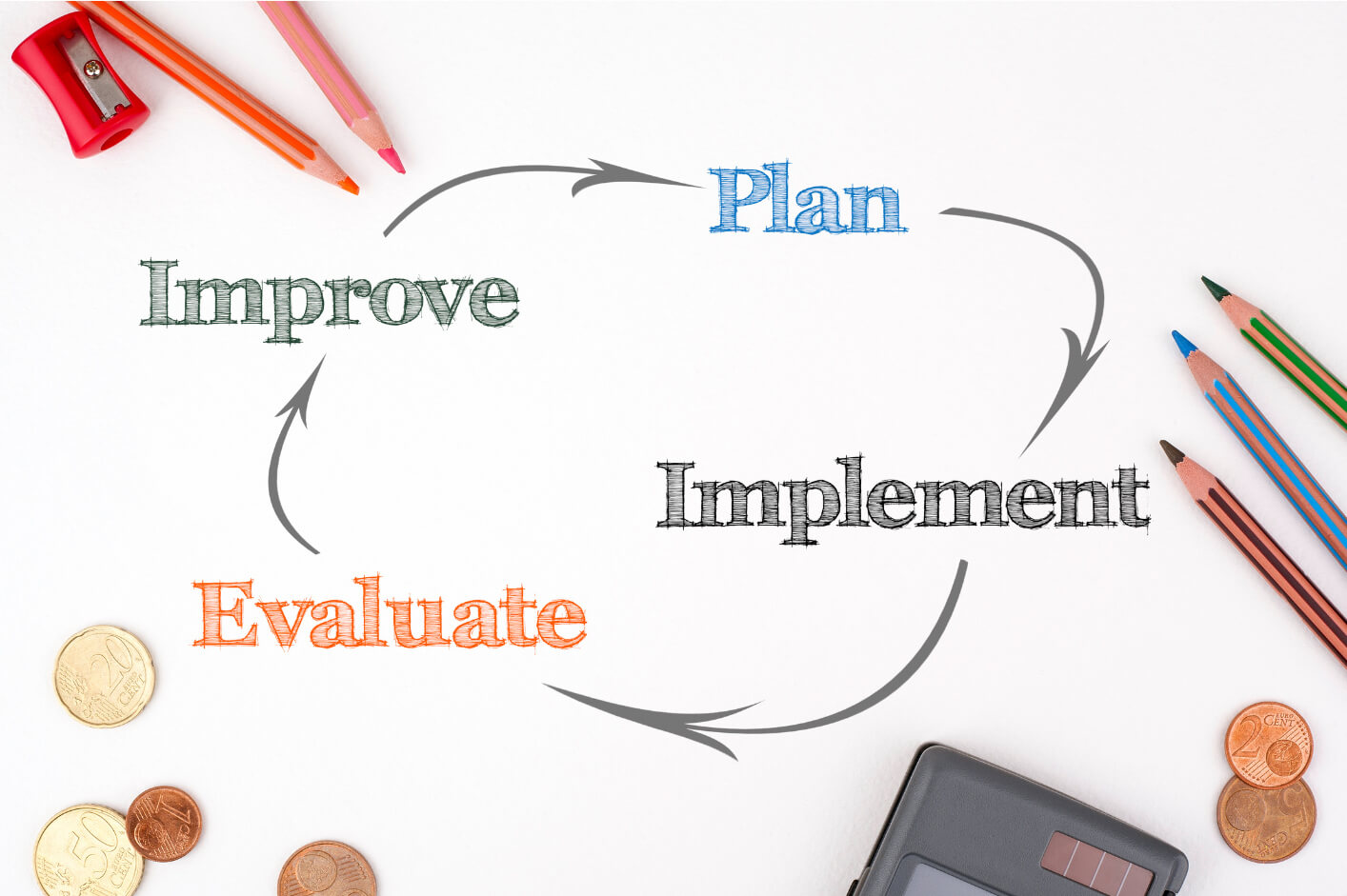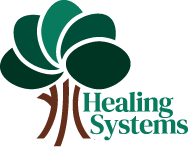Data Resources
Find data and data resources to support trauma-informed organizational change
In our efforts to improve communications and knowledge to build healing systems that treat and prevent ACEs and trauma, we have compiled a set of national, state-level, and jurisdictional-level resources that will be helpful for organizations in their journey to becoming trauma-informed.
These resources include data (fact sheets, infographics, reports, needs assessments), gap analyses, action plans, improvement protocols, articles, bulletins, briefs, and educational resources.

Check out this online table where you can sort resources by type or location:
You can use these data resources and others to:
- Help inform decisions
- Conduct a needs assessment
- Engage in resource mapping
- Develop action plans


- Gain workforce buy-in
- Educate communities
- Develop priority areas
- Develop policies and practices
- Evaluate programs
- Assist with grant writing
- Advocate for funding, resources, or new programs
- And more!

To further educate yourself or your workforce on trauma-informed care, please see this list of
free Maryland Trauma-informed Care Trainings.
Building Healing Systems Focused Data Studies and Panel Surveys
As part of the Building Healing Systems Initiative, the BHS team conducts different data analyses and surveys. Focused studies are conducted on data related to trauma and adversity in Maryland and panel surveys of service providers, clients, and other stakeholders are completed to understand the current status of trauma informed care and assess needs.
The presentations linked below are a great data resource for behavioral health leaders in Maryland!
- Focused Data Study 1 analyzed aggregated data from the Behavioral Risk Factor Surveillance Survey (BRFSS), Youth Risk Behavior Surveillance System (YRBS), and diagnostic data from the Maryland Administrative Services Organization data.
- Focused Data Study 2 examined the association between ACEs and trauma and youth behavioral health outcomes on high school students using the Youth Risk Behavioral Survey (YRBS).
- The Provider Panel Survey collected information on provider impressions of the extent to which individuals receiving public behavioral health services in Maryland have experienced traumatic events, as well as what resources providers need to offer trauma-informed care.
- Focused Data Study 3 used Youth Risk Behavioral Survey and Youth Tobacco Survey data to analyze Middle School students with behavioral health challenges’ experiences of Adverse and Positive Childhood Experiences (ACEs & PCEs) and the associations between those experiences and behavioral health and substance use outcomes.
- Focused Data Study 4 used Youth Risk Behavioral Survey and Youth Tobacco Survey data (2021) to analyze Gender-based differences in experiences of Adverse and Positive Childhood Experiences and the associations between those experiences and behavioral health and substance use outcomes. A companion analysis was also run, focusing on Adverse and Positive Childhood Experiences and Behavioral Health among LGBTQ+ High School Students.
For summaries of some key takeaway points from the focused data studies and panel surveys, check out the infographics and one-pagers below!
